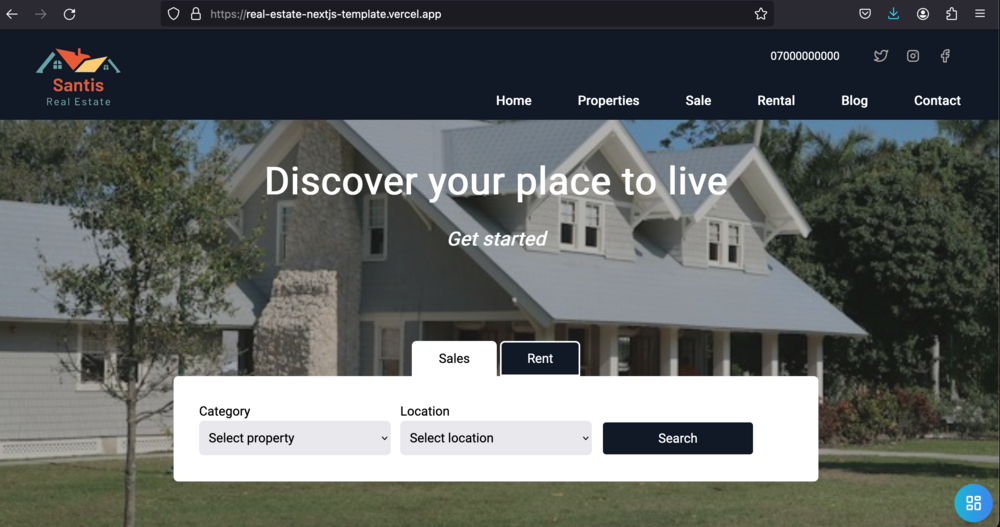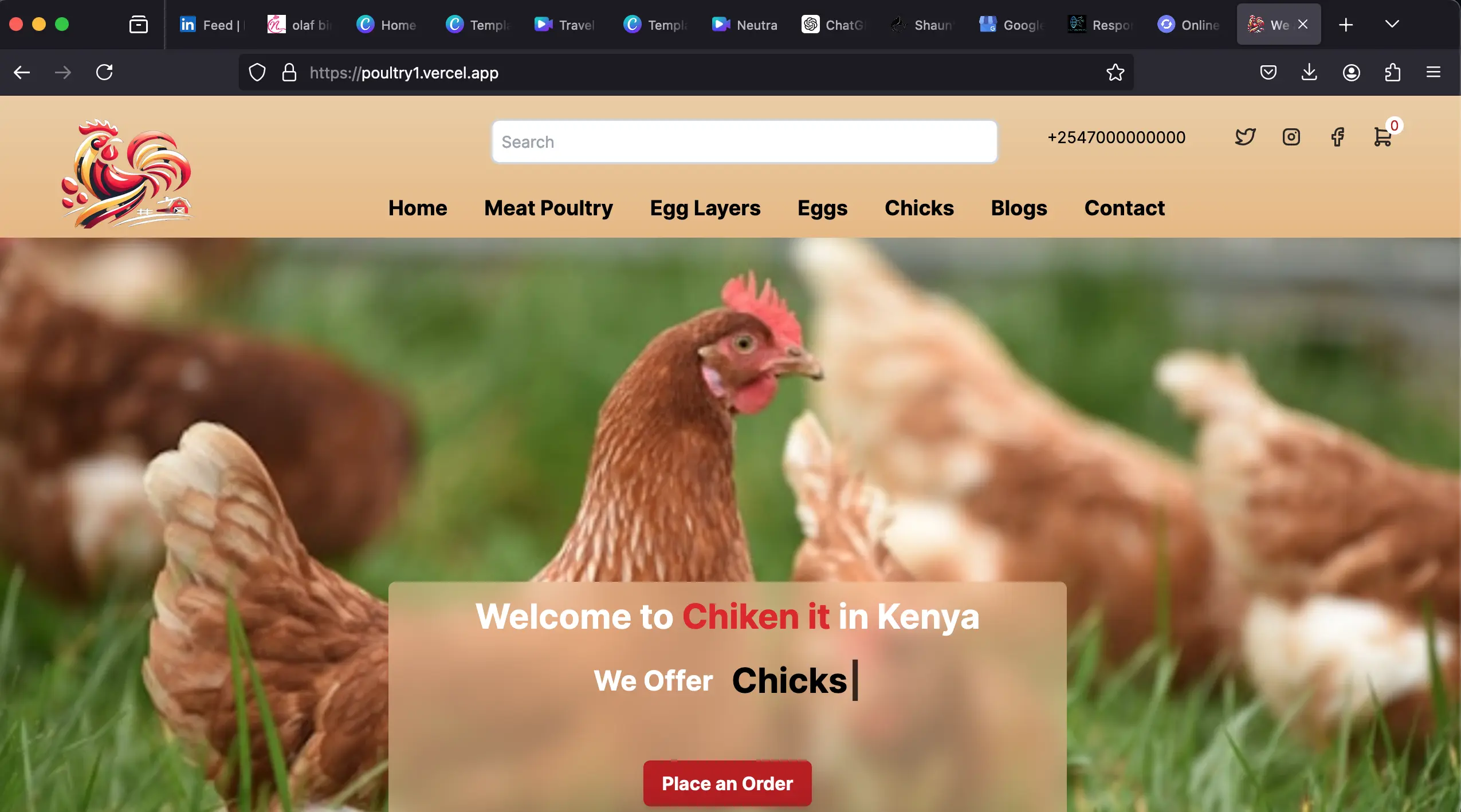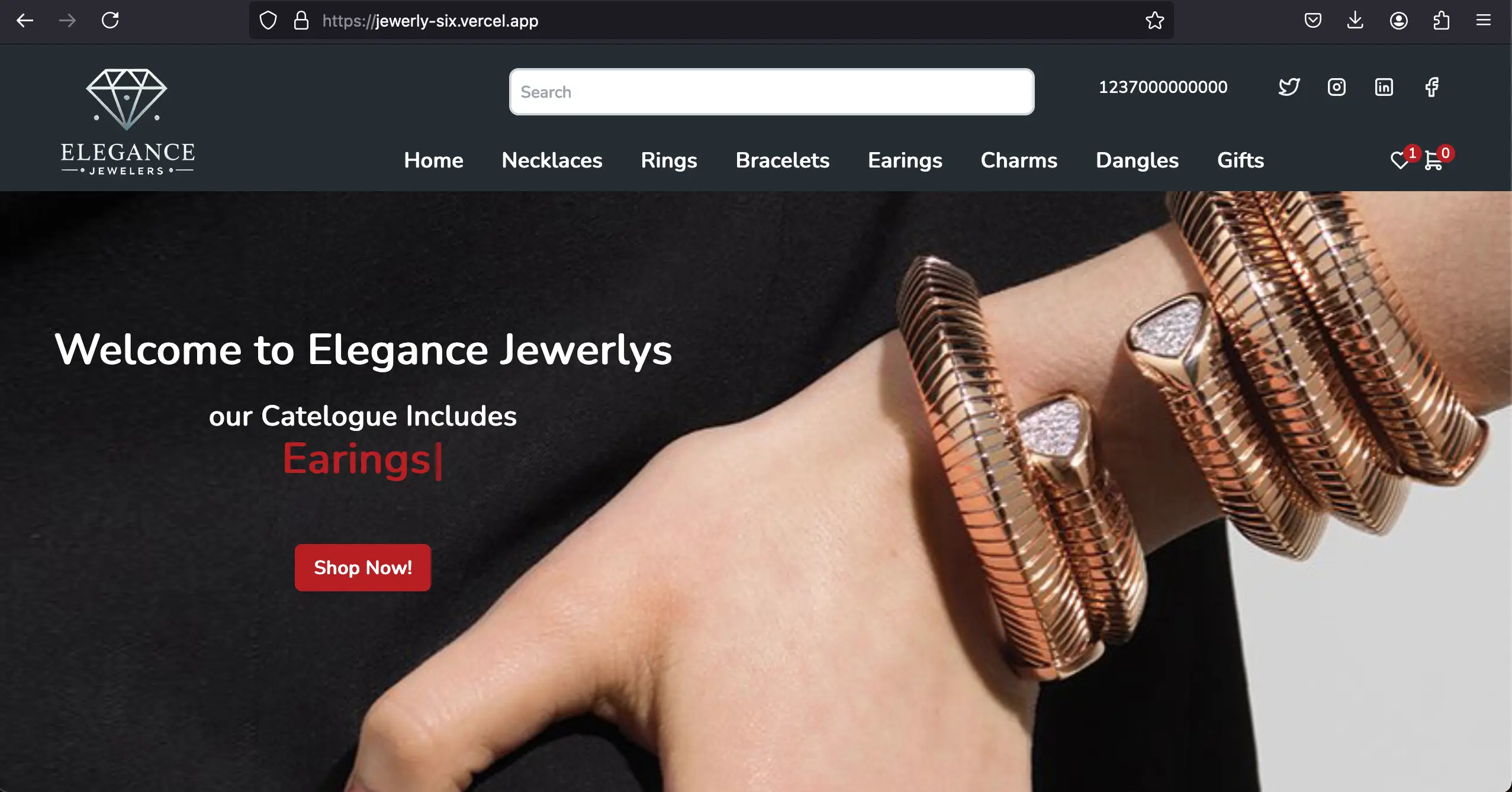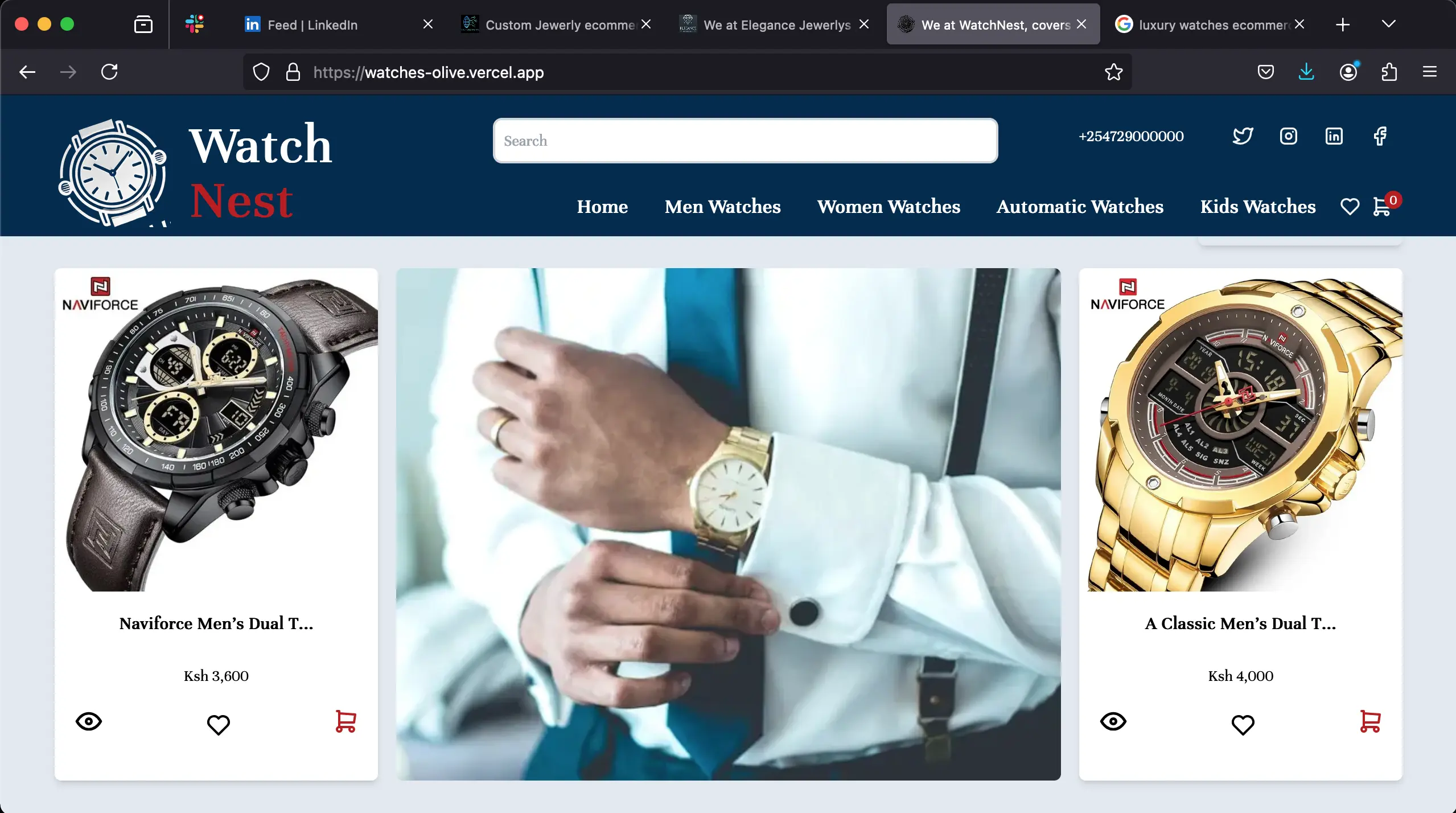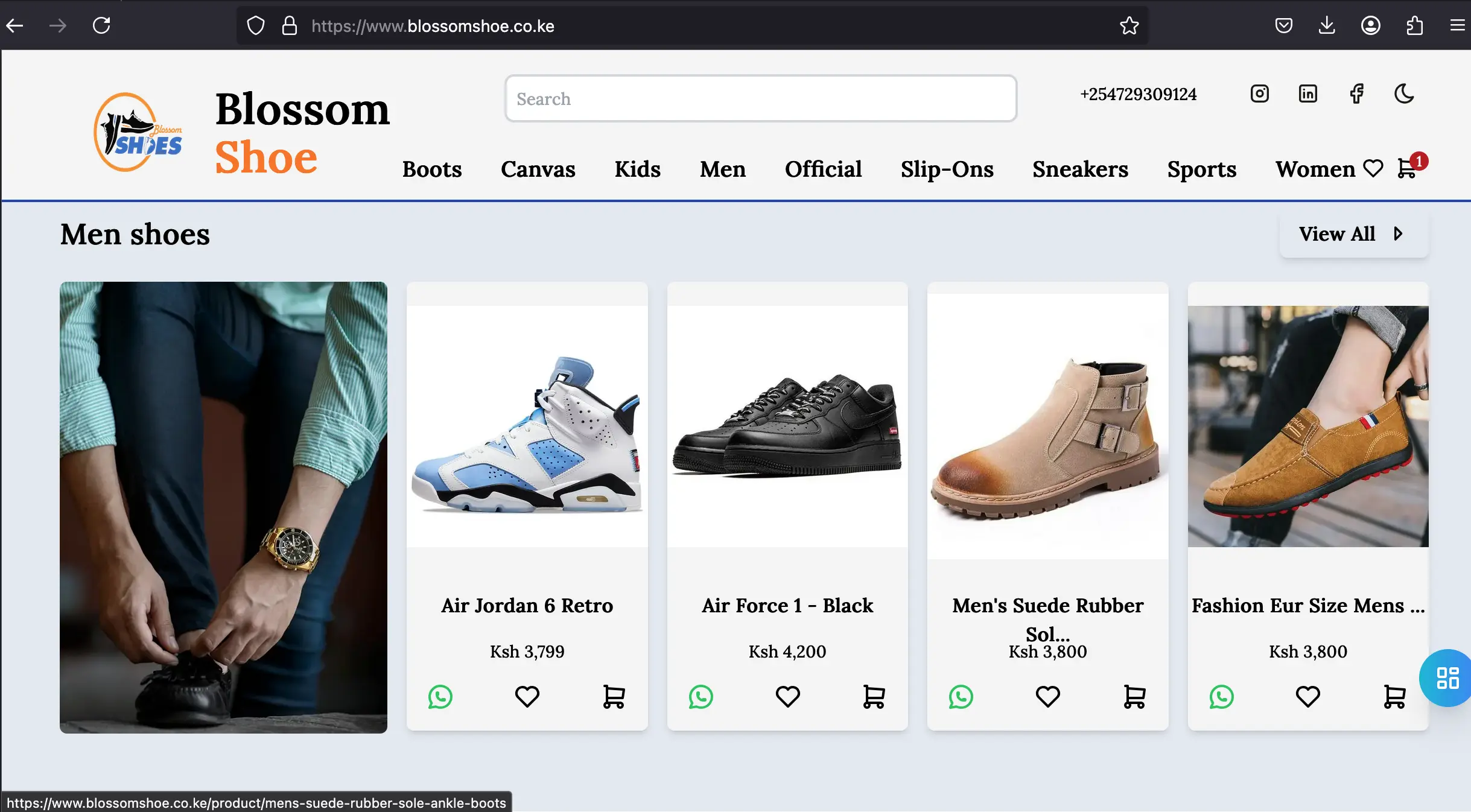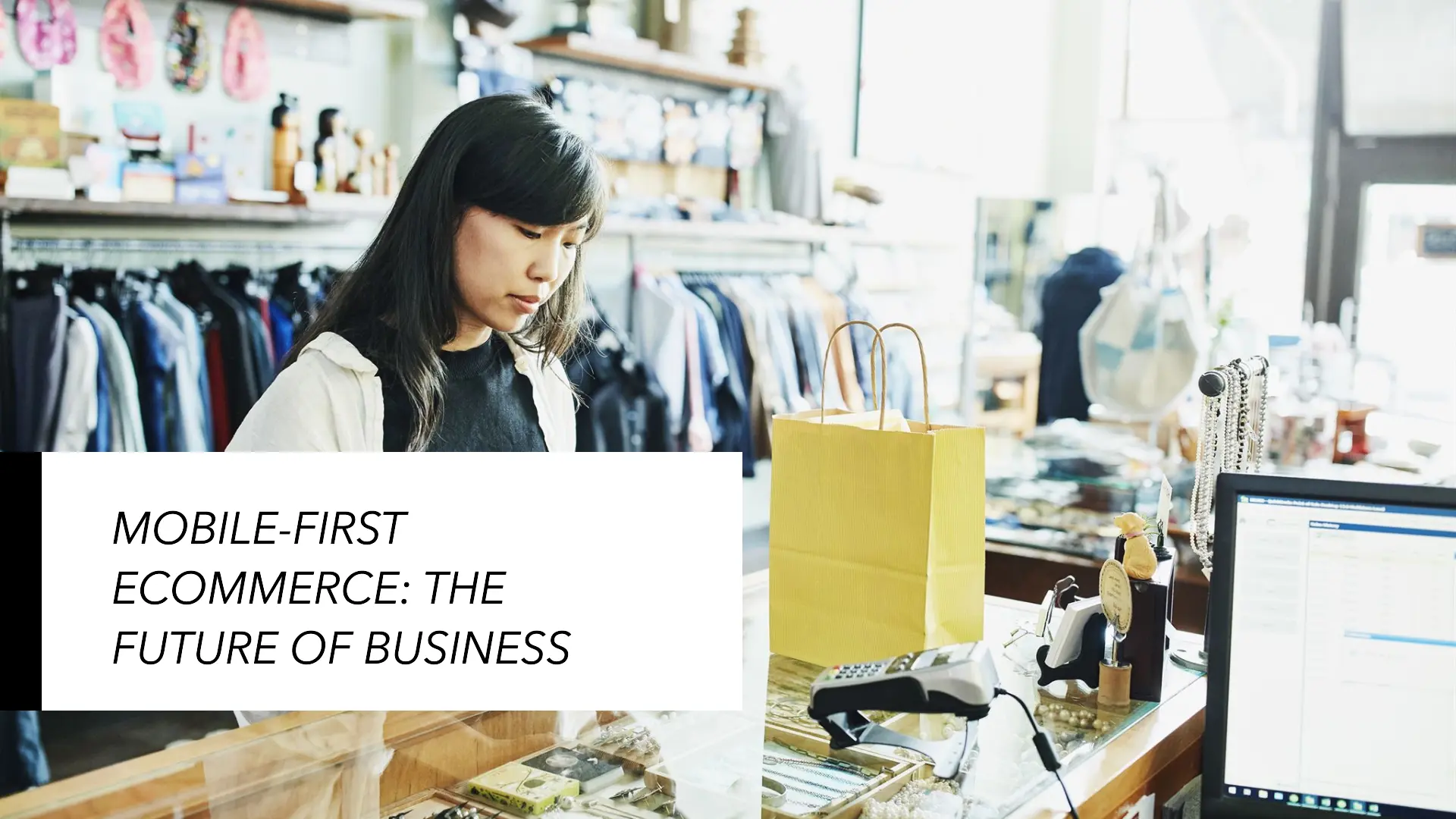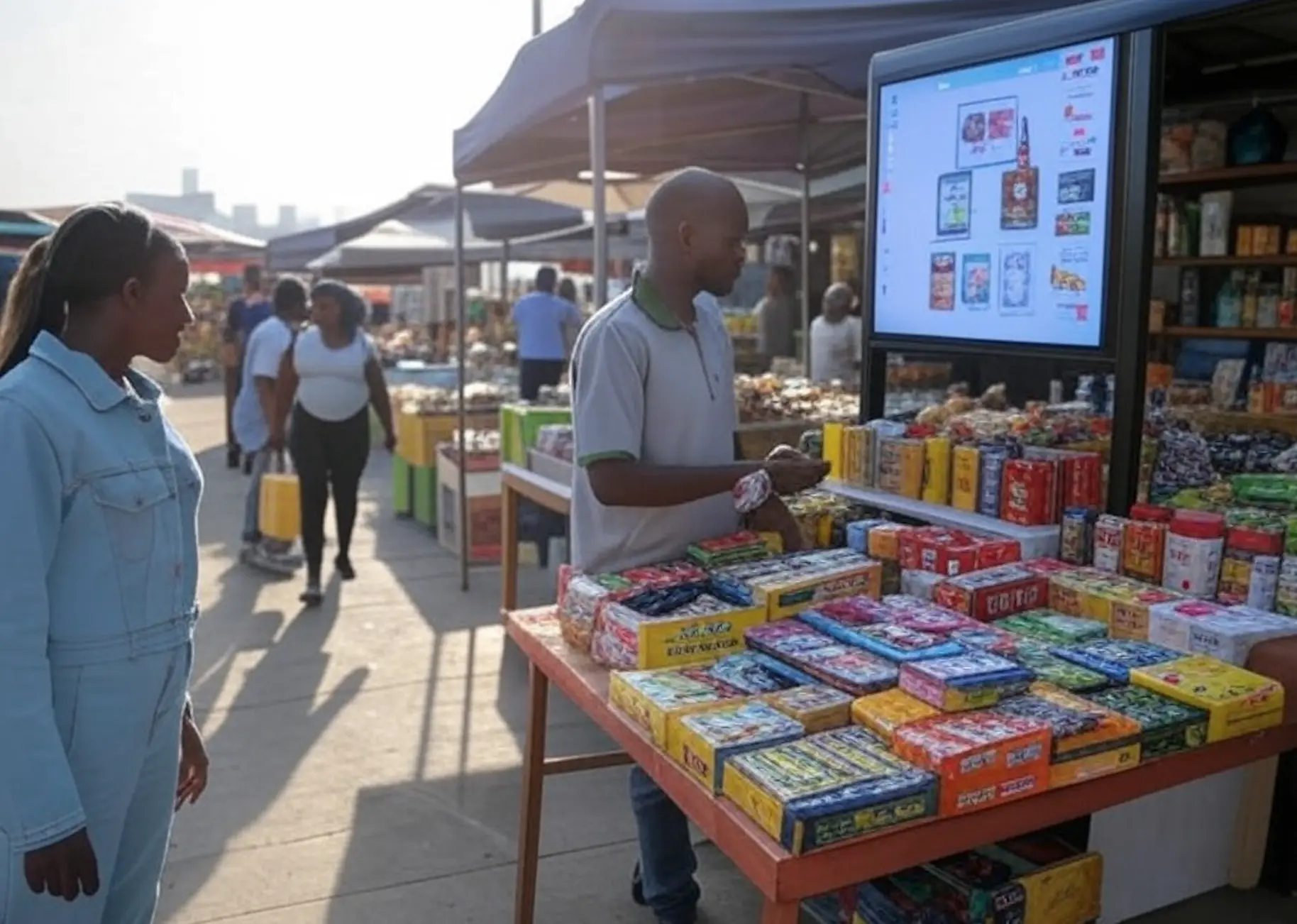
7 Reasons Why You Need an Ecommerce Website for Your Business
Nowadays its easy to order a shoe as it is to order a pizza in Kenya, given that over 40% of the population using the internet and a rapidly growing smartphone penetration rate, businesses that fail to adapt to ecommerce risk being left behind. Whether you’re a small retailer, a service provider, or an entrepreneur, integrating ecommerce into your strategy isn’t just an option—it’s a necessity. Here are seven powerful reasons why your Kenyan business needs e-commerce today.
Improve Online Visibility
The More Products You Sell, the More Searchable You Become
In a competitive marketplace, visibility is everything. By listing your products or services on an e-commerce website, you dramatically increase your chances of appearing in search engine results. Platforms like Google and Bing prioritize websites with fresh, relevant content—and every product page you create acts as a new opportunity to rank for specific keywords.
For example, if you sell handmade jewelry in Nairobi, having individual pages for “handmade Maasai bead necklaces” or “affordable Kenyan silver earrings” helps potential customers find you organically. A mobile-first ecommerce website (like those discussed in our guide Why Your Business Needs a Mobile-First Ecommerce Website in 2025) ensures your site loads fast on smartphones, thus boosting your search rankings.
Over time, this builds a strong online presence, reducing reliance on expensive ads and ensuring your business stays top-of-mind.
Expand Your Online Reach Organically with SEO
Ditch Costly Ads and Grow Sustainably
Paid ads can drain your budget quickly, especially for small businesses (Pay per click does not necessarily lead to purchase). Ecommerce allows you to harness the power of organic SEO to attract customers without ongoing costs. By optimizing product descriptions, blog content, and metadata with locally relevant keywords (e.g., “best laptops in Kenya” or “affordable groceries Nairobi”), you can rank higher in search results.
Kenyan consumers increasingly research products online before purchasing. A well-optimized ecommerce site positions you as a trusted resource, driving traffic from search engines, social media.
Create an Additional Revenue Stream
Tap Into Kenya’s Thriving Digital Economy
Ecommerce opens doors to new markets and customer segments. A physical store in Nairobi might cater only to locals, but an online store lets you sell to customers in Thika, Nakuru, or to people around the globe. Additionally, you can monetize your website beyond direct sales by:
Offering subscription services (e.g., monthly snack boxes).
Partnering with complementary brands for affiliate marketing thus making your site more relevant to your customers.
With mobile money systems like M-Pesa integrated into most ecommerce platforms, accepting payments has never been easier.
Eliminate Inventory Costs
Be the Middleman and Broker Profitable Deals
Why tie up capital in inventory when you don’t have to? Ecommerce enables you to operate as a dropshipping intermediary or broker. Partner with suppliers, artisans, or wholesalers, and list their products on your site. When a customer places an order, the supplier handles fulfillment, and you keep a commission.
This model is ideal for Kenya’s budding entrepreneurs. For instance, you could collaborate with local farmers to sell fresh produce or partner with designers to showcase Kenyan-made fashion. Explore real-world examples like the furniture ecommerce website we built, which connects artisans with buyers nationwide. Low overheads mean higher profit margins and scalability.
Turn Your Website into a Profit Hub
Monetize Traffic Beyond Product Sales
An ecommerce website isn’t just a store—it’s a versatile asset. Use it to generate revenue in creative ways:
Affiliate marketing: Promote products from other businesses and earn a commission.
Sponsored content: Charge brands to feature their ads or blogs on your site but this comes later when your website is ranking really well.
Membership tiers: Offer exclusive content or discounts for a subscription fee.
By driving consistent traffic through SEO and social media, your site becomes a self-sustaining revenue generator.
Boost Sales with WhatsApp Ordering(directly prompting a WhatsApp chat)
Meet Customers Where They Are
With over 75% of Kenyans using WhatsApp daily, integrating it into your ecommerce strategy is a game-changer. Enable customers to:
Browse your catalog via WhatsApp Business.
Place orders directly through chat.
Receive instant updates on promotions or delivery status.
For example, a Nairobi bakery could share daily menus via WhatsApp statuses and let customers order cakes with a simple message. Pair this with M-Pesa payments, and you’ve streamlined the buying process for tech-savvy shoppers.
Leverage Data-Driven Insights for Smarter Decisions
Turn Analytics into Action
One of the most underrated benefits of ecommerce is access to real-time data. Platforms like Google Analytics provide analytics on customer behavior, sales trends, and marketing performance. Use this data to:
Identify top-selling products and double down on them.
Adjust pricing based on demand (is price competition strategy old as dirt but effective).
Personalize marketing campaigns (e.g. based on location, delivery, offers, ).
For instance, if data shows most customers shop late at night, you could schedule social media posts or SMS campaigns during those hours.
In Conclusion: Ecommerce is Non-Negotiable for Kenyan Businesses
From improving visibility to harnessing WhatsApp’s convenience and eliminating inventory risks, ecommerce empowers Kenyan businesses to thrive in a competitive, digital-first economy. Ready to start your journey? Explore our portfolio of successful ecommerce projects (like the perfume store and cake shop websites) for inspiration.
Take the leap today, and watch your business reach heights a physical store alone could never achieve!
Our Templates
Our Trending blogs

Myrachanto
As a Full Stack Web Developer with 7+ years of experience, I specialize in Golang (5+ years) and modern frameworks like React.js, Next.js, and Qwik.js, paired with Tailwind CSS for sleek front-end design. My architectural foundation blends Domain-Driven Design (DDD) and Hexagonal Architecture, ensuring scalable, maintainable systems aligned with business objectives

